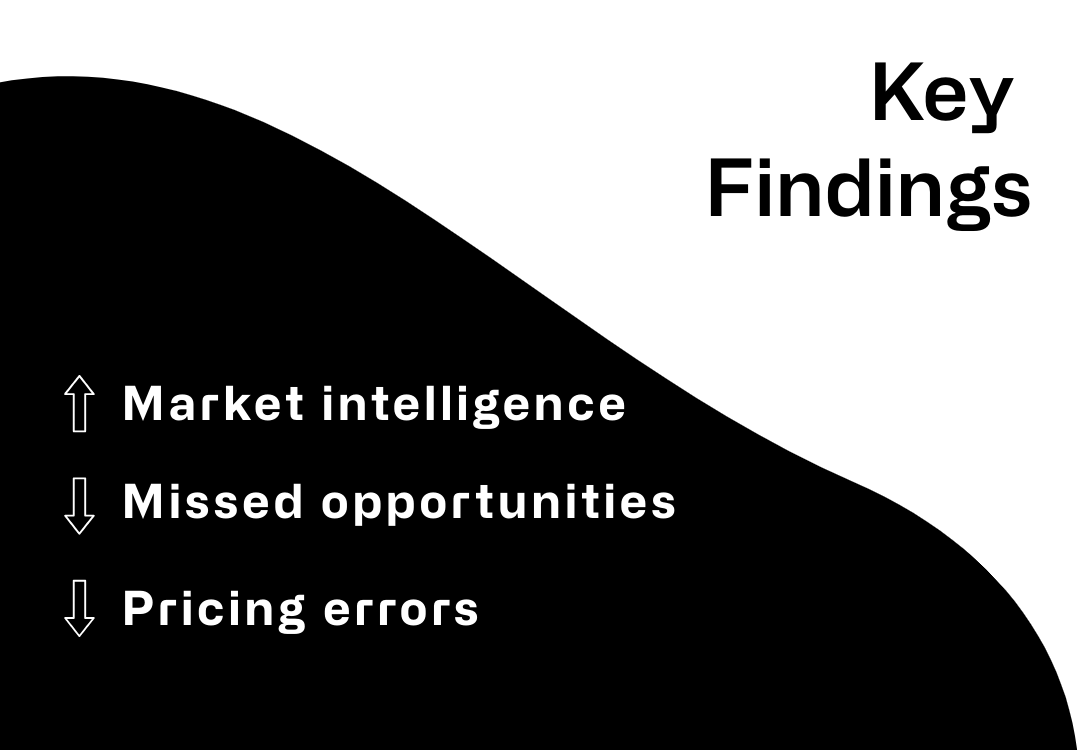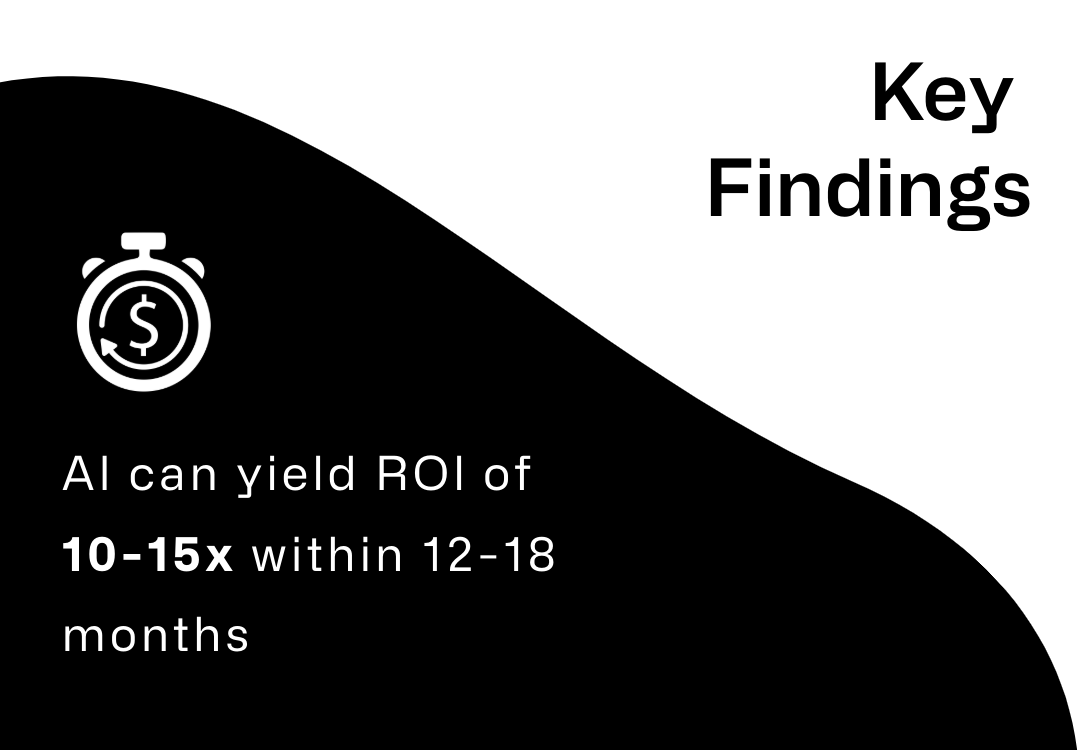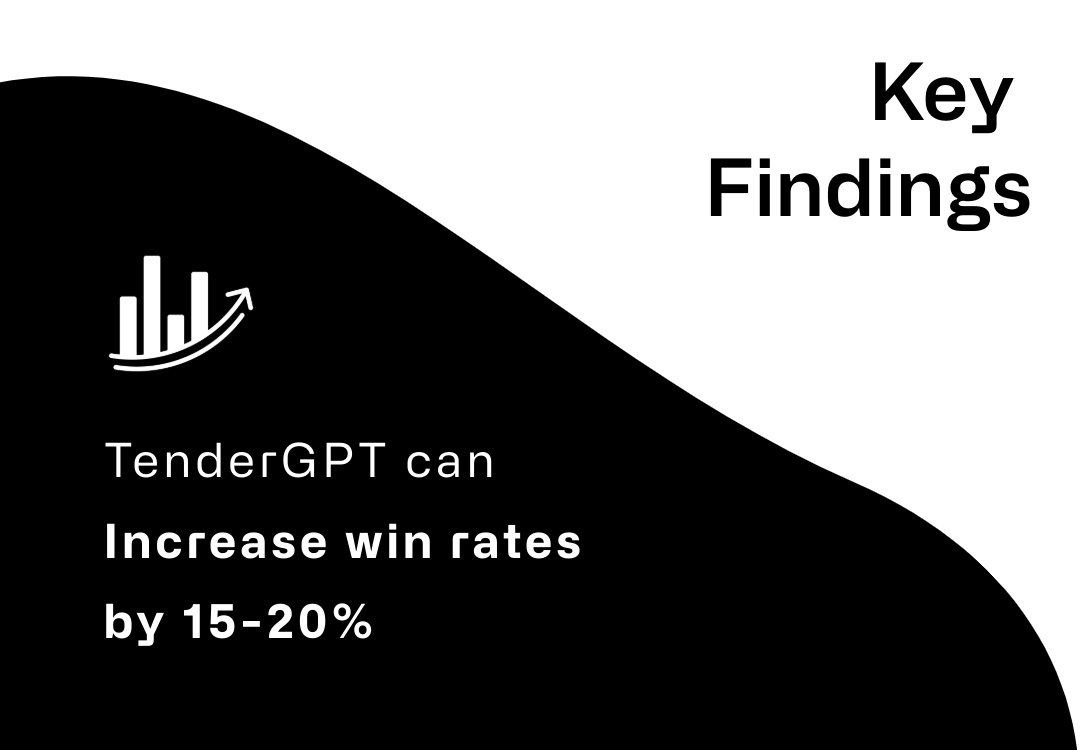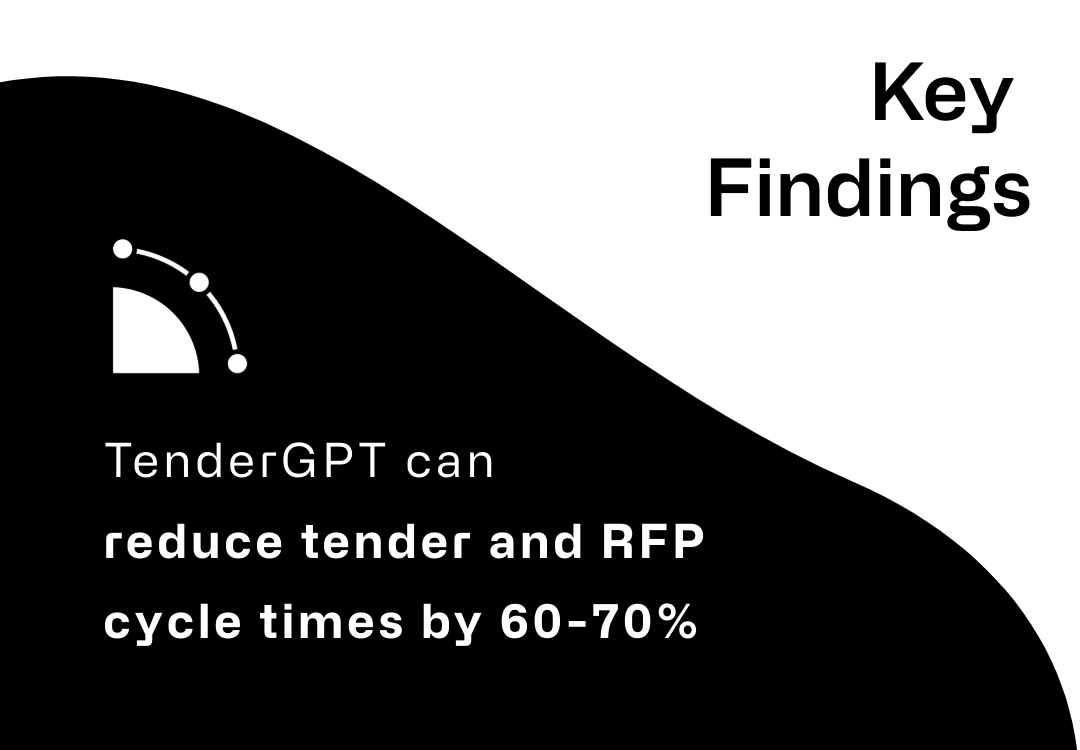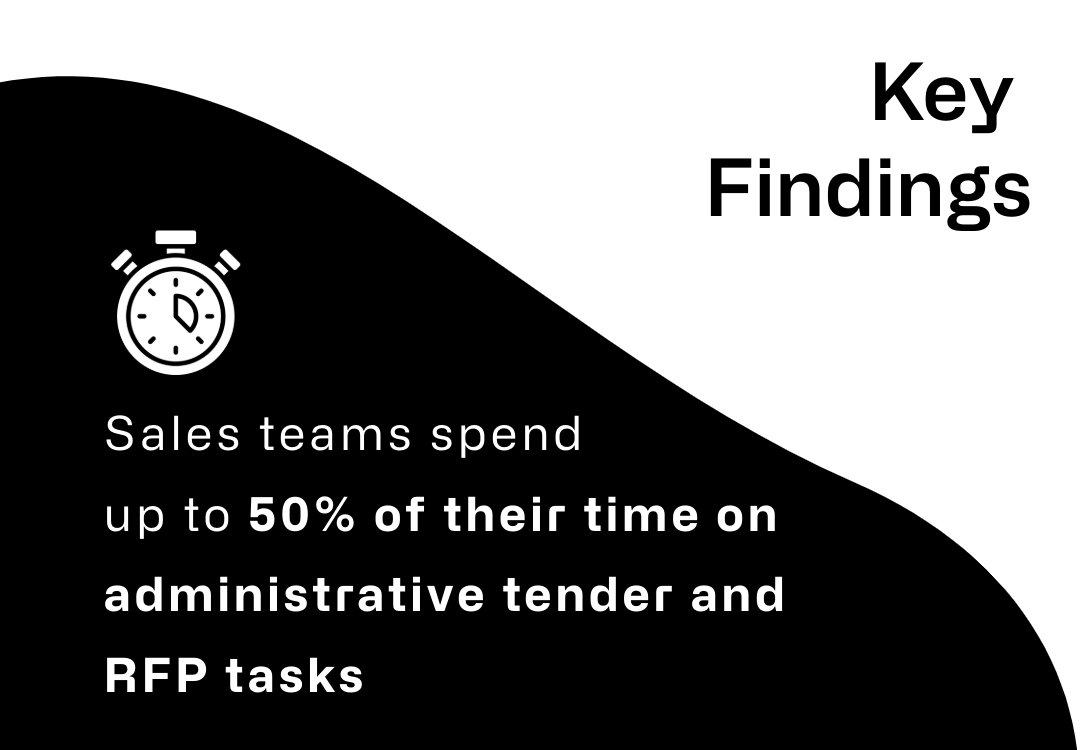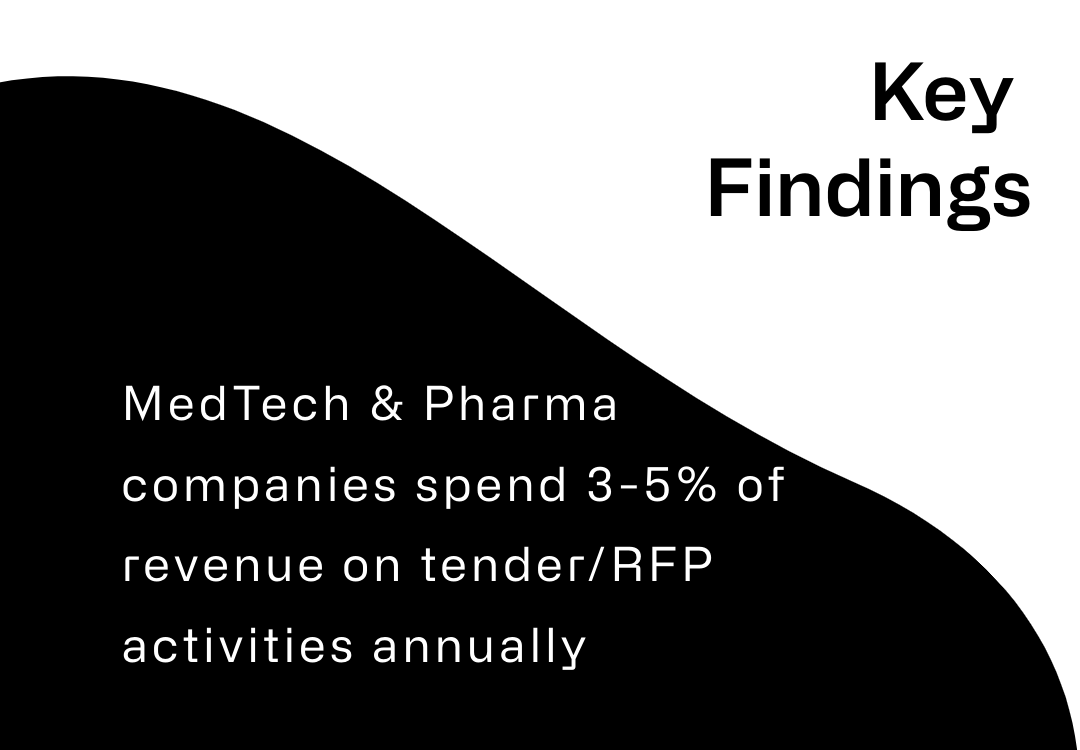Category: Pharmaceuticals
5 minutes read
Select the Right AI Tools for Tender and Bid Management in Healthcare

As tender and bid managers in the healthcare and MedTech sectors, your role is increasingly complex, with growing competition and intricate regulatory requirements. Leveraging the right AI tools is crucial to streamline processes, enhance accuracy, and increase the chances of winning bids.
Here’s a guide to help you navigate the selection of AI tools for tender and bid management:
Understanding Your Needs
Market Visibility: Ensure the tool can track global tender opportunities relevant to your business, covering multiple regions and sources. AI platforms like Vamstar’s TenderGPT excel in this area by offering global tender and RFP tracking that ensures no opportunity is missed.
Efficiency: Automate repetitive tasks such as document preparation and compliance checks. This not only saves time but also reduces the risk of errors, allowing your team to focus on strategic decision-making.
Data Integration: Look for AI tools that integrate both internal and external data seamlessly, enabling swift and efficient responses to tenders. This is critical for maintaining data privacy while enhancing accessibility.
Register to continue reading.
37 minutes read
Enterprise Guide to Tendering and RFP Management with AI
Executive Summary
This comprehensive guide examines the challenges facing large enterprises in managing tenders and RFPs, particularly in the healthcare, medtech, and pharmaceutical industries. It analyses the impact of these challenges on company performance and explores how artificial intelligence (AI) and advanced technologies can transform tender and RFP processes.
Key findings include:
- Large MedTech and Pharma companies spend 3-5% of revenue on tender/RFP activities annually.
- Sales teams spend up to 50% of their time on administrative tender and RFP tasks rather than selling.
- Manual processes lead to missed opportunities, pricing errors, and lack of market intelligence.
- AI and automation can reduce tender and RFP cycle times by 60-70% and increase win rates by 15-20%.
- Implementing AI-powered tender and RFP management can yield an ROI of 10-15x within 12-18 months.
The guide provides a strategic framework for enterprises to leverage AI across the entire tender and RFP lifecycle—from opportunity identification to submission to contract management. It outlines key capabilities to look for in AI tender and RFP platforms and offers a roadmap for successful implementation.
By embracing AI and digital transformation in tender and RFP management, enterprises can drive significant top-line growth and bottom-line savings while empowering teams to focus on high-value strategic activities.
Register to continue reading.
4 minutes read
The Pharmaceutical Sector in 2024: Current Trends and Developments

As we navigate through 2024, the pharmaceutical industry sector is being reshaped by groundbreaking technologies, evolving regulations, and shifting market dynamics. Key developments include the integration of artificial intelligence and gene editing, the rise of biosimilars, and a growing focus on patient-centric care and digital health.
These advancements are not only altering the way drugs are developed and distributed but also enhancing patient experiences and access to treatments. The industry’s landscape is rapidly changing, setting the stage for a new era of healthcare innovation and accessibility.
Register to continue reading.
7 minutes read
Navigating the AI Disruption in Healthcare & Life Sciences: A Survival Guide

The AI revolution is poised to transform the pharmaceutical, medtech, life sciences, and healthcare industries by enhancing operational efficiencies, driving innovation, and accelerating time to market.
However, without proper strategies to ground data in these specific contexts, the potential benefits could lead to significant financial losses and cost overruns. Find out why below.
Importance of Industry-Specific Grounding
Importance of Industry-Specific Grounding
1. Relevance and Accuracy of Data
AI systems in healthcare rely heavily on data to learn and make decisions. If the data is not grounded in the specific context of the industry, the AI models may produce irrelevant or inaccurate results.
For example, an AI system trained on generic medical data might not understand the nuances of patient records, leading to incorrect diagnoses or treatment recommendations.
This can result in costly errors and inefficiencies. Similarly, for sales and commercial data, the context of industry specific nomenclature, syntax, and relationships across datasets is not taken into account then the results will be very poor and execution extremely costly.
2. Operational Efficiency
AI aims to improve operational efficiency by automating processes and providing insights. However, without industry-specific grounding, AI systems may fail to understand the unique operational challenges and requirements of the healthcare sector.
For instance, an AI system designed for general supply chain management might not account for the stringent storage and handling requirements of pharmaceuticals, leading to disruptions and inefficiencies.
3. Compliance and Regulations
The healthcare industry is subject to various regulations and compliance requirements. AI systems that are not grounded in the specific regulatory environment of healthcare may inadvertently lead to non-compliance, resulting in legal penalties and financial losses.
For example, AI systems in healthcare must adhere to regulations like HIPAA for data privacy and FDA guidelines for medical devices.
4. Customisation and Scalability
AI solutions need to be customised to fit the specific needs of the healthcare industry. Without proper grounding, the customisation process becomes more complex and costly. Additionally, scaling AI solutions across different segments of the industry can be challenging if the initial grounding is not robust and industry-specific.
Register to continue reading.
7 minutes read
Hidden Powerhouses: How Vertical Specific AI Companies Are Transforming Industry Efficiency and Market Intelligence

The landscape of AI-driven business transformation is dominated by companies that often operate behind the scenes, focusing on specialised verticals rather than broad, consumer-facing applications.
These companies utilise vertical AI to tailor solutions specifically for individual sectors, maximising efficiency and strategic insight.
1. Professional Services: Vertical AI is making significant strides in professional services.
For instance, legal tech companies like Harvey and Responsiv leverage AI to expedite legal research and documentation processes, allowing professionals to focus more on strategic aspects of their work.
2. Business Services: Vamstar is enhancing efficiencies in the life sciences sector by optimising procurement processes and improving data analytics for better decision-making in lifescience organisations.
3. Financial Services: In the financial sector, companies like Truewind and Trullion are transforming financial management with AI, automating workflows to ensure precision and efficiency.
These tools not only streamline operations but also provide predictive analytics that can transform underwriting and customer services.
4. Healthcare and Biotech: AI’s role in healthcare is profound, with companies developing solutions that streamline drug development and enhance precision medicine.
For example, Deloitte highlights how AI can optimise clinical trials and advance manufacturing processes in the biopharma sector, potentially speeding up the delivery of new therapies.
5. Retail and E-commerce: Retail giants like Toast and Shopify have successfully integrated AI into their operations, transforming how businesses manage inventory, process payments, and interact with customers.
Their platforms demonstrate how vertical-specific AI can not only support existing business operations but also create new opportunities for growth and customer engagement.
Vertical AI companies, such as Vamstar in the life sciences sector, illustrate the subtlety with which AI can be integrated into industry-specific workflows, enhancing efficiency and profitability without the broad public visibility of consumer-facing AI technologies.
As these specialised AI solutions continue to evolve, they promise to transform industries by addressing specific challenges and maximising operational efficiencies.
Business Capabilities Combined With AI and Data Modelling
Vamstar boasts a team of industry experts equipped with advanced technological capabilities, ready to support the needs of your organisation. Click on the following link to learn more.
Speak to our industry experts
Please provide your details and we’ll contact you
Other Articles
Book a 30 minutes meeting with us
Welcome to our scheduling page! Please choose an available date below to get started.
30 minutes meeting
We’ll email you the meeting link


















